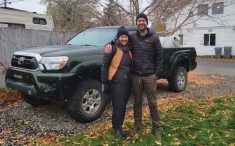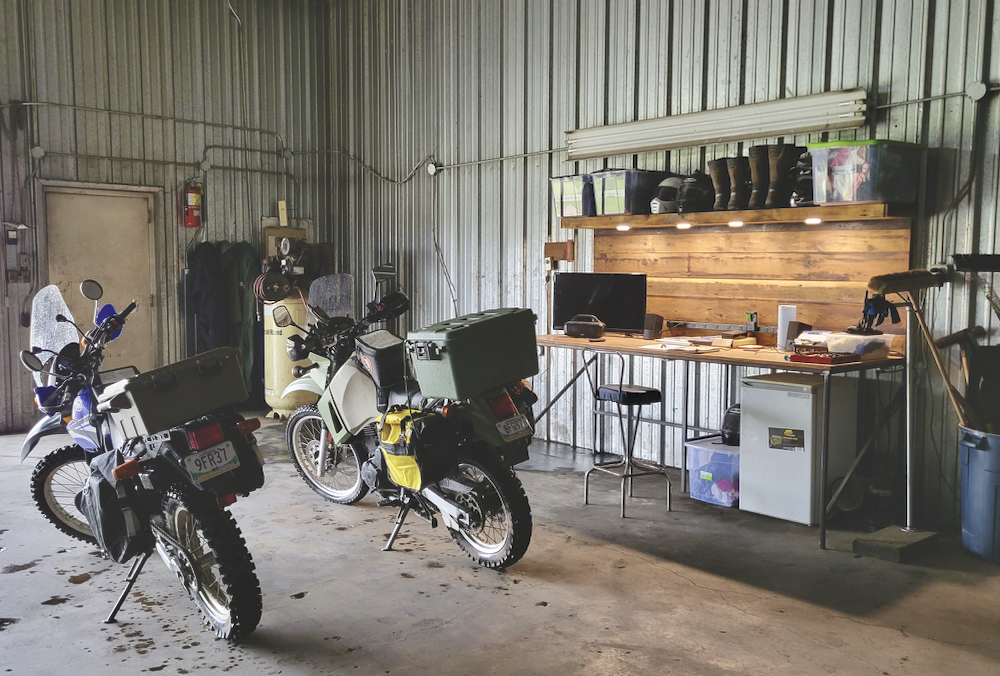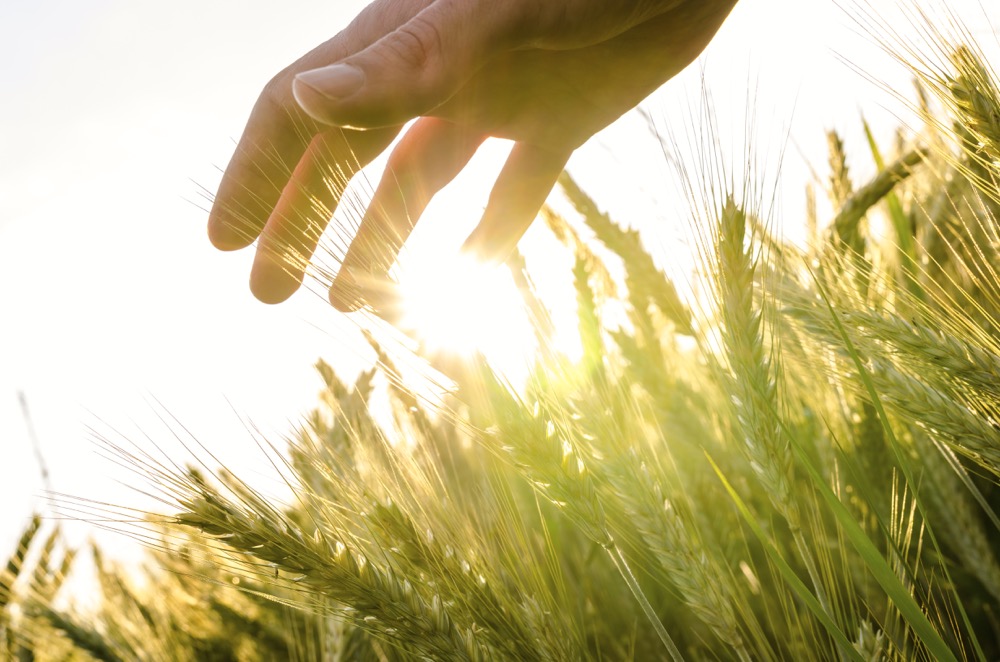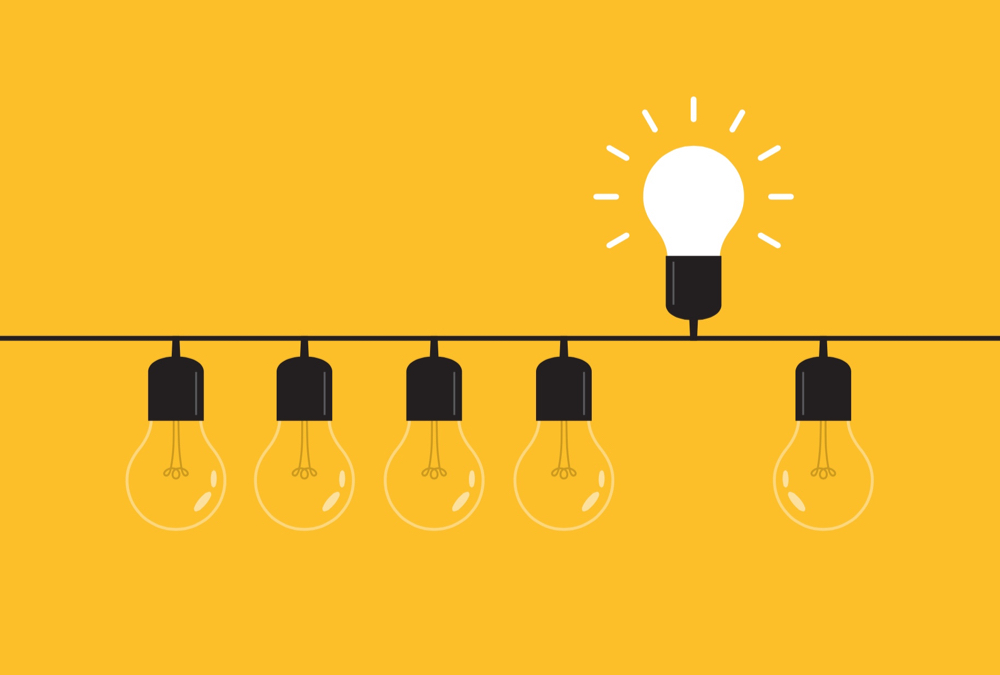When I was in my early twenties, I took a course called “Philosophy of Mind.” Don’t tell anyone, but I’m pretty sure I received a B+ on an essay that I never wrote in that class. I digress. In this course, we spent a lot of time talking about freedom. Specifically, free will. Does free will exist? If so, what is it?
The basic concept is this — a mind that possesses free will is able to operate outside the laws of cause and effect we often attribute to animals, insects, etc. Or, another way of putting it, free will is my ability to write this column without being forced to by some natural law or stimuli (I could just walk away from my computer and tell my editor I won’t be contributing to this issue).
Read Also

Avoid these thought traps when investing
Investing for Fun and Profit: Let’s review a list, by renowned fund manager Peter Lynch, of the most dangerous things that stock market investors can say to themselves, or to others.
If you have quit reading by now, you’ve exercised free will. If your interest has been piqued and you’re still reading, also free will.
We also discussed the theory that this thing you and I so casually and confidently call free will isn’t freedom at all. According to this theory, we are not free. We have no control over our actions and thoughts. They are the necessary result of a complex array of stimuli and synapses that were destined to happen, much like our dogs running to the kitchen as soon as I open the drawer containing their snack bowls. Freedom is merely an illusion that makes us feel special.
In effect, this theory is anchored on the idea that all things are explainable and our inability to fully account for everything that takes place on this earth stems from deficits in our current knowledge base. The subtext is that we’ll eventually be able to explain it all. I know this seems like heresy, but it needn’t be and it certainly is not my intention.
What does all of this have to do with agriculture, you ask? Great question. Everything.
As an industry, agriculture will have many moments of reckoning — points in history where it will need to pause, reflect and correct its course. Some of these moments will be caused by forces outside its control, such as recessions, seismic market disruptions or any number of other things (most farmers I know need little prompting to come up with a list of things to which their livelihoods are vulnerable). Others will be self-imposed.
I think we’re due for a self-imposed moment of reckoning. What if the things we’ve been led to believe are outside of our control are within our control?
How comfortable are we saying, “We did what we could” after each growing season? Did we do what we could?
I have been researching new adventure motorcycles and I have been led down many review rabbit holes. For months, the bike sitting in first place changed on a weekly basis, depending on the reviews I had been reading. Then, I came across a dark horse — a motorcycle that hadn’t really been on my radar. The reviews of this motorcycle were so positive and specific that I had no choice but to start taking it into consideration.
This change of course got me thinking. At what point are we, as consumers of information, accountable to what we know, what we read and the kinds of information available to us?
Weather prediction models are still not fully dependable, but they are getting incrementally more accurate. Are we willing to acknowledge that? If so, are we also willing to acknowledge that progress in that field means we’re inching closer to fully explaining something we’ve become so comfortable treating as a mystery?
On climate change, science hasn’t answered every question, but it certainly has advanced beyond arguments for weather patterns being cyclical because Tim Ball said so, or because in the late 1980s, it was dry for a few years and then it wasn’t anymore.
I don’t think agriculture is as vulnerable to as many things as it claims. And I think the industry would be wise to look outside its own storybook to the library in which it’s a part.
There may still be a ghost in the machine, but I don’t think we should be content with that.
Perhaps this could stand as the essay I never submitted. In all seriousness, I am going to send this to my professor.















